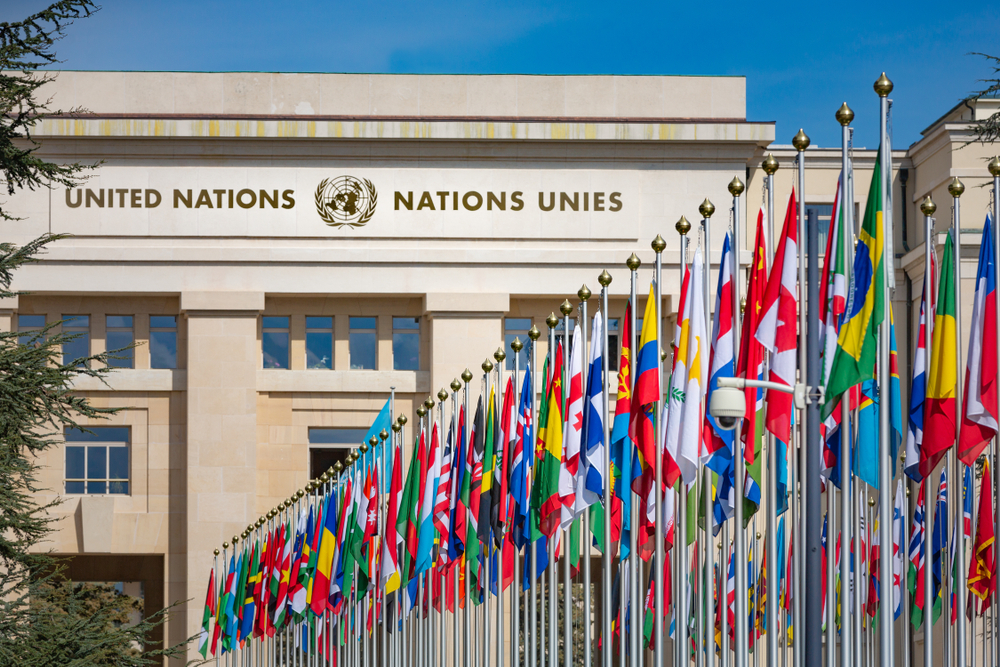The article “Global responses to climate security: Discourses, institutions and actions” is published in the Journal of Peacebuilding and Development under its special issue on “Climate Change and the Humanitarian-Development-Peace Nexus”. Its aim is to assist the comparison of international organizations regarding three dimensions: discursive framing; institutional design; and policy actions.
How can discourses and organizational culture influence action?
By comparing how international organizations talk about and define climate change security, the authors have identified patterns in the ways they address risks linked to climate change. For instance, the EU organizations seem to focus on security risks taking place in Africa and Asia regions, which could indirectly become security challenges for the EU. In contrast, African and Asian organizations seem to focus on how climate change is affecting societies in their own geographical contexts.
Different institutional settings could influence how organizations respond to climate risks
Authors explore how organizational cultures, structure and power relationships could drive specific actions favouring certain countries at the expense of others. With the UN Climate Security Mechanism as an example, authors suggest that the allocation of resources for climate security can be strengthened by having an “institutional home” dedicated to climate security within international organizations.

“My co-authors, Malin Mobjörk and Florian Krampe, and I draw on research that we and others have done on how international and regional organizations address climate-related security risks. This research field is rapidly expanding but there is still a limited understanding of how discourse and action on climate security develop and diffuse in and across different institutional settings in various policy fields and geographical contexts. In this article, we outline an analytical framework that we hope will contribute to comparative research on international and regional organizations,” said Niklas Bremberg.
Featured author Niklas Bremberg
Niklas is Associate Professor in Political Science at Stockholm University, Senior Research Fellow at the Swedish Institute of International Affairs (UI) and Associated Researcher at the Stockholm International Peace Research Institute (SIPRI) and Theme lead of the Mistra Geopolitics Research School.

Niklas Bremberg
News text written by Ana Calvo, Communications Assistant. Edited by Ylva Rylander, Communications Officer for Mistra Geopolitics at SEI.



